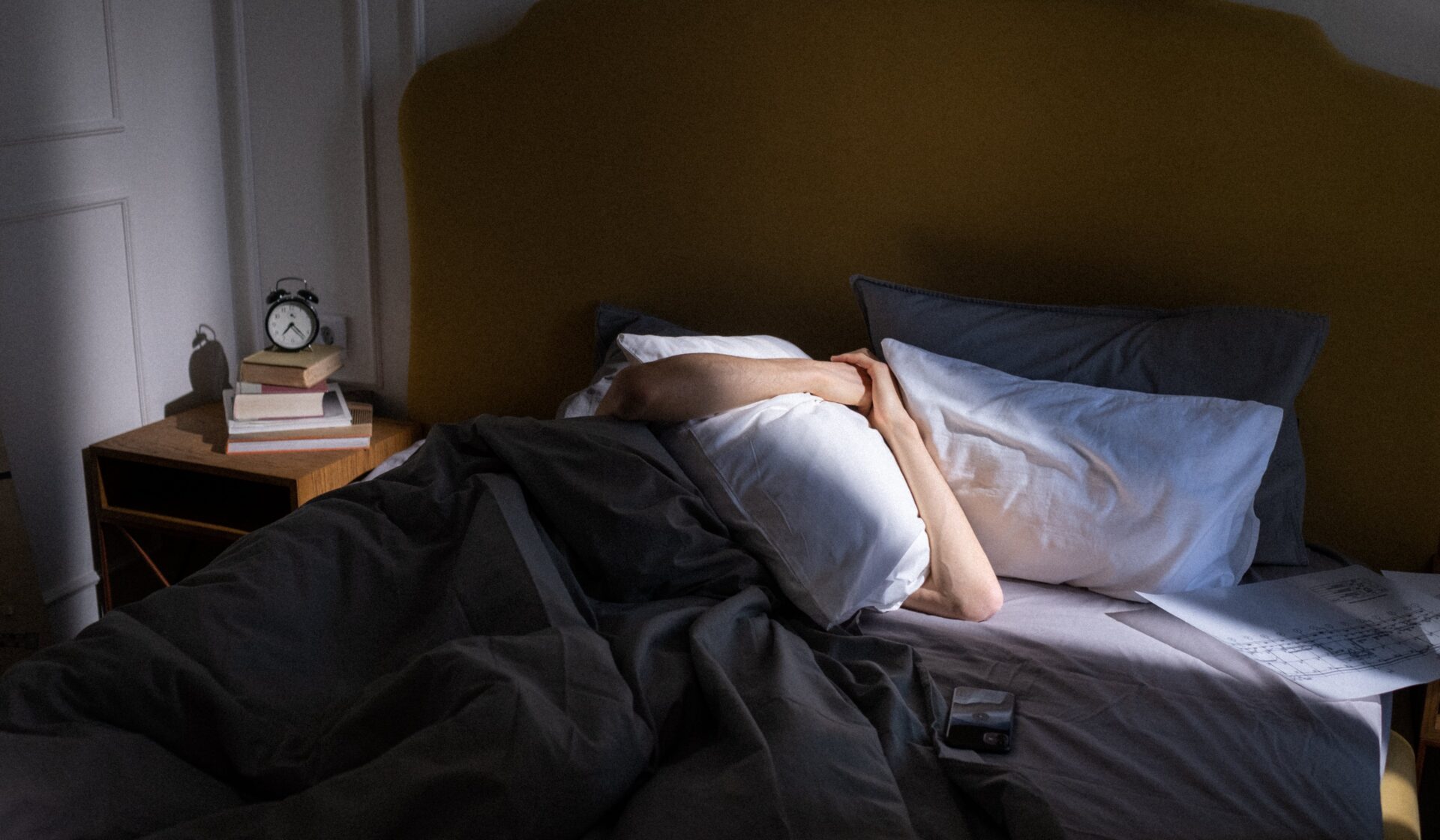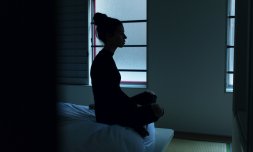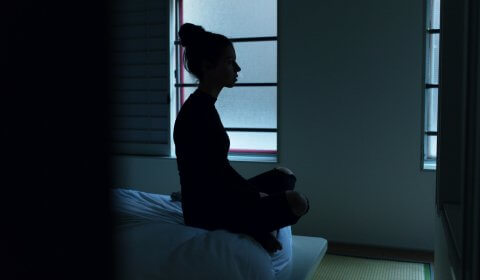The latest wellness trend on TikTok caters to burnt-out Gen Zers, encouraging them to escape the demands of daily life by spending extended periods of time under the covers and emerging only when they feel properly rested. At first glance, there’s likely a lot of good that can come from this, but critics are concerned about the potential consequences of young people staying sedentary.
2022 was the year we embraced chaos. Still reeling from the pandemic, we zealously entered an age of total surrender, ferality, nihilism, liberation, and delusion; so much so, in fact, that Oxford Dictionaries’ ‘most popular’ word choice was ‘goblin mode.’
Following us into the present day, this change in tune has seen a substantial majority of us distance ourselves further from the self-improvement movement that’s had social media in a chokehold since hustle culture began dominating our feeds.
And, almost a month into 2024, the conversation surrounding why we so eagerly continue to worship at the altar of busyness when we know it’s doing us no good has taken centre stage.
This, of course, is unsurprising when you recount the bleak reality of the last 12 months.
Amid multiple ongoing conflicts, a cost of living crisis, and the rapidly advancing demise of our climate – to name just a few of the despair-inducing situations the world is currently navigating – it’s no wonder our ability to function has come to a head.
Exhausted and overwhelmed, mustering the strength required to persevere at the break-neck speed that’s widely encouraged by society has become increasingly challenging and young people in particular feel physically and mentally depleted.
On this note, allow me to introduce you to the latest wellness trend on TikTok, which caters to this cohort of burnt-out Gen Zers. Called ‘bed rotting,’ it involves adopting a slower pace and practicing self-care from beneath the covers.
Revelling in the opportunity to hibernate and slip into the hazy safe space of doing nothing at all, young people have started escaping the demands of daily life by being intentionally unproductive this way until they’re rested (not from sleep, but from passive activities like snacking, scrolling, and series-bingeing).



















